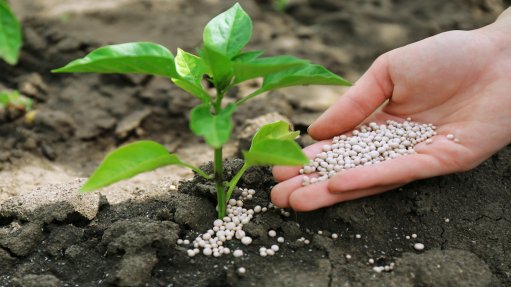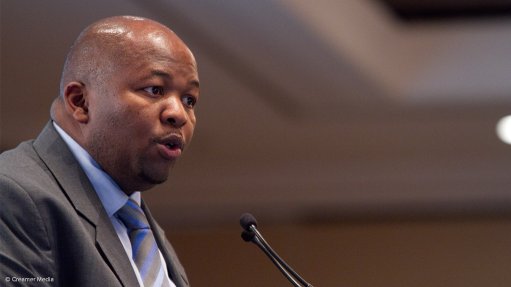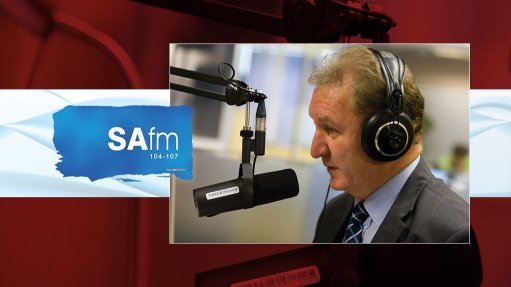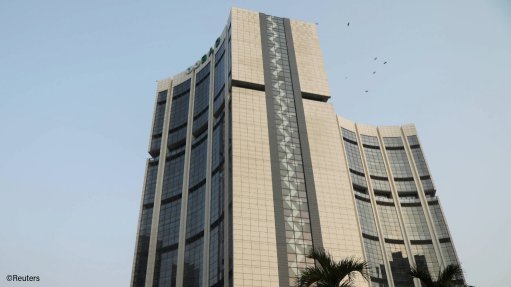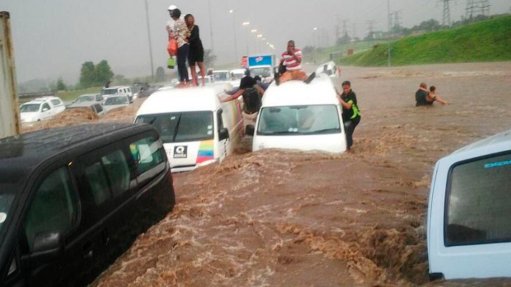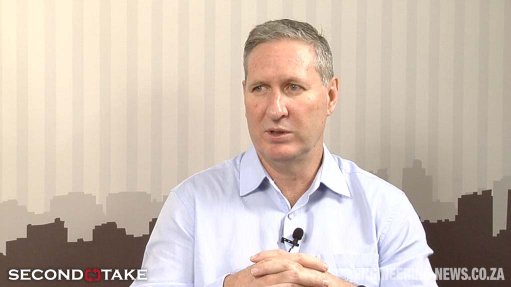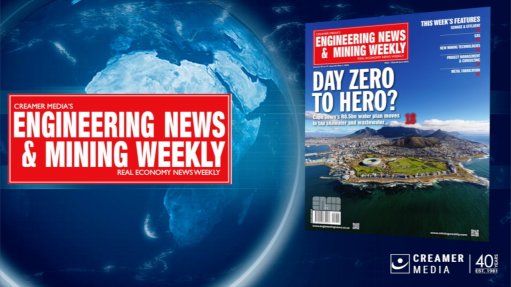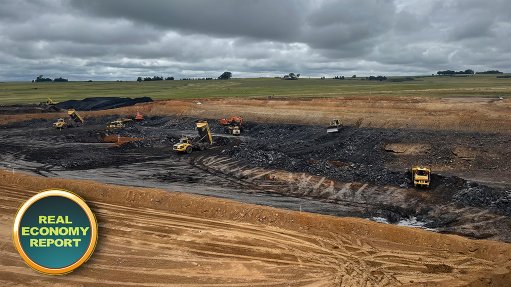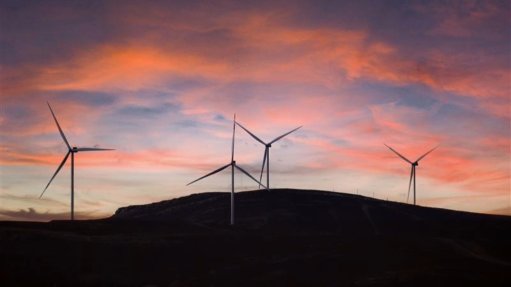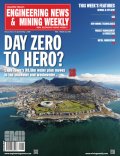Just keep it simple
One of my fondest memories is of my grandfather visiting us in the city from the farm. Those visits were memorable, not because of their regularity – I can count them on one hand.
During one of the visits, I decided to take him to a coffee shop. How difficult could it be to order a coffee? Well, more challenging than you might think. My grandfather simply wanted a coffee with milk. When he placed his order, he was subjected to a barrage of questions. What blend of coffee? What type of coffee – an Espresso, Double Espresso, Short Macchiato, Long Macchiato, Ristretto, Long Black, Café Latte, Cappuccino, Flat White, Piccolo Latte, Mocha, Affogato?
Once this hurdle was cleared, he asked for milk. But what type of milk? Cow’s milk? If so, full cream, fat-free or skimmed? If not, almond milk or soy milk? And just when he thought he was in the clear, he was bombarded with the next volley of questions: How did he want to sweeten his coffee? If he preferred sugar, then would it be brown or white? Then the form: lumps or refined? If he did not like sugar, did he want the sweetener in pill or powder form? Hard as he tried, he simply could not order a coffee with milk.
Just in case you were wondering, according to James Marshall, who was previously employed at Starbucks, the most complicated coffee order that you can place is a 2/3 caff triple ristretto affogato venti, 2 pump mango, 1 pump classic, 2% mango to the second line, 3 scoops protein, 3 scoops berries, 2 scoop matcha, add banana, double blended, with whip, caramel drizzle, salted caramel topping, vanilla bean frappuccino. If you are thinking what I am thinking, is this even a coffee?
I was reminded of this, the complication of something which is quite simple, when I saw, in the Government Gazette of March 29, a notice titled ‘Invitation for the public to comment on the draft guidelines on the processes and procedures for the planning and establishement (sic) of the special economic zones (SEZs) programme’. Comments are due by April 30.
The complication is not in the SEZs programme guidelines; rather, it is to do with why we should have SEZs in the first instance. Why does South Africa need such zones? The SEZs may be sector-specific or multiproduct, according to the SEZ Act of 2014.
For the uninitiated, an industrial development zone is a purpose-built industrial estate that leverages domestic and foreign fixed direct investment in value-added and export-orientated manu- facturing industries and services; a free port is a duty-free area adjacent to a port of entry where imported goods may be unloaded for value-adding activities within an SEZ for storage, repackaging or processing, subject to customs import procedures; a free trade zone is a duty- free area offering storage and distribution facilities for value-adding activities within an SEZ for subsequent export; and a sector development zone is a zone focused on the development of a specific sector or industry through the facilitation of general or specific industrial infrastructure, incentives, technical and business services primarily for the export market.
Obviously, in all instances, your business needs to be located in a zone – you have no choice in the matter. The thing is that you only need to make use of the existing provisions of the Customs and Excise Act of 1964 to obtain the tariff dispensation available to those businesses located within the SEZ. Then you are not restricted to an SEZ.
It just proves that, in international trade, you do not have to go to a coffee shop to have a good coffee. In fact, you can derive the same enjoyment from an equally good cup of coffee at home, and then you would not be subjected to a French inquisition on the coffee blend, the coffee type, the milk type, or the type of sweetener.
Comments
Press Office
Announcements
What's On
Subscribe to improve your user experience...
Option 1 (equivalent of R125 a month):
Receive a weekly copy of Creamer Media's Engineering News & Mining Weekly magazine
(print copy for those in South Africa and e-magazine for those outside of South Africa)
Receive daily email newsletters
Access to full search results
Access archive of magazine back copies
Access to Projects in Progress
Access to ONE Research Report of your choice in PDF format
Option 2 (equivalent of R375 a month):
All benefits from Option 1
PLUS
Access to Creamer Media's Research Channel Africa for ALL Research Reports, in PDF format, on various industrial and mining sectors
including Electricity; Water; Energy Transition; Hydrogen; Roads, Rail and Ports; Coal; Gold; Platinum; Battery Metals; etc.
Already a subscriber?
Forgotten your password?
Receive weekly copy of Creamer Media's Engineering News & Mining Weekly magazine (print copy for those in South Africa and e-magazine for those outside of South Africa)
➕
Recieve daily email newsletters
➕
Access to full search results
➕
Access archive of magazine back copies
➕
Access to Projects in Progress
➕
Access to ONE Research Report of your choice in PDF format
RESEARCH CHANNEL AFRICA
R4500 (equivalent of R375 a month)
SUBSCRIBEAll benefits from Option 1
➕
Access to Creamer Media's Research Channel Africa for ALL Research Reports on various industrial and mining sectors, in PDF format, including on:
Electricity
➕
Water
➕
Energy Transition
➕
Hydrogen
➕
Roads, Rail and Ports
➕
Coal
➕
Gold
➕
Platinum
➕
Battery Metals
➕
etc.
Receive all benefits from Option 1 or Option 2 delivered to numerous people at your company
➕
Multiple User names and Passwords for simultaneous log-ins
➕
Intranet integration access to all in your organisation






